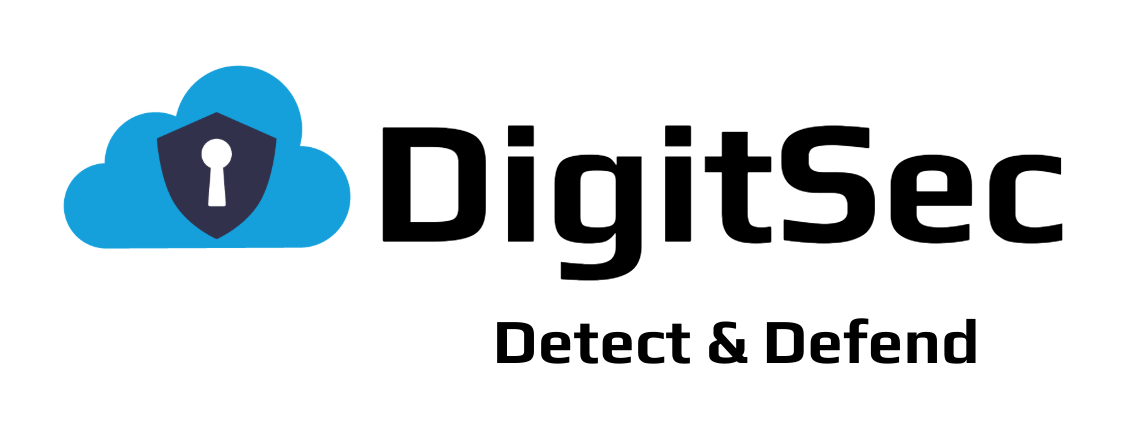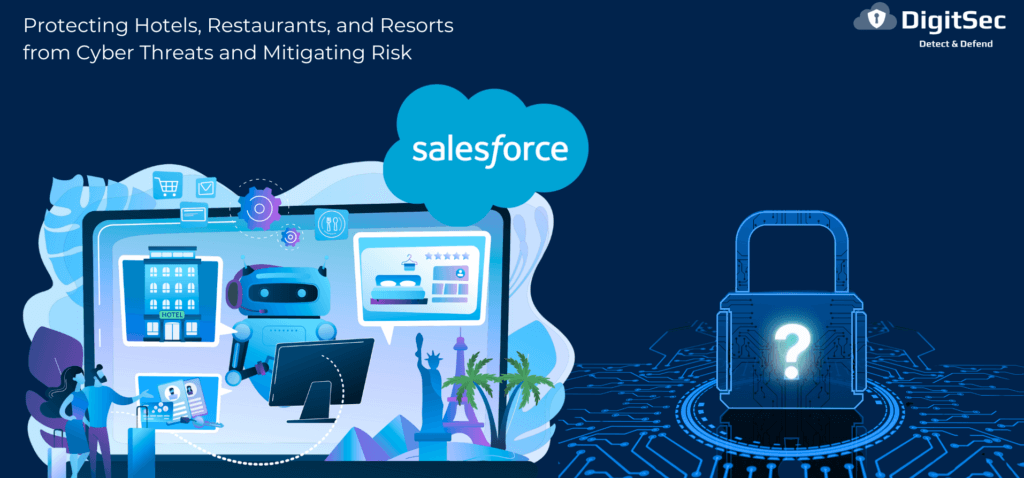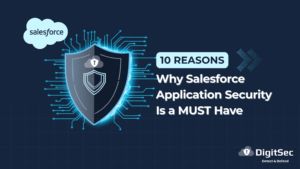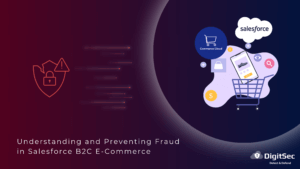In recent years the hospitality industry has had to evolve its business models. Due to COVID-19 restrictions, many hospitality businesses have digitized dramatically, implementing reservation apps, digital payments, and online loyalty programs. This explosion of data has made the hospitality sector easy prey for hackers, becoming ranked third in cyberattack incidents.
Easy Prey For Hackers
The interconnected digital environments within hotels and holiday resorts are a target for threat actors. Every facility contains card-readers and POS devices which store customer data long after guests have left. With individual hotels, restaurants, and resorts often connected to the organization’s national or international network, it only takes one location to be compromised before the entire company has been breached. Malicious actors can then potentially access personal data from smart televisions, biometric keys, IoT devices, and hotel Wi-Fi networks. These breaches cost not only business revenue for recovery and fines but also risk customer trust and reputation within the industry.
Supply Chain Risk
The hospitality industry also relies heavily on third parties including reservation platforms, food suppliers, and POS system vendors, all of which can bring their vulnerabilities.
These platforms can use Salesforce Commerce Cloud and develop custom applications to fit their business needs. Through these applications, organizations collect, share, and store valuable customer and business-critical data. Almost a third (31%) of hospitality organizations have reported a data breach and 89% have been affected more than once in a year.
Overcoming Challenges
Development teams often do not have extensive cybersecurity training and may work in a “production environment” to meet the fast-paced needs within the hospitality industry. It is now a business necessity for cybersecurity teams to get involved in application security and work hand in hand with development teams across a robust Software Development Life-cycle pipeline to be able to spot vulnerabilities and mitigate cybersecurity threats before they open a vulnerability. Hospitality businesses are also challenged with managing compliance efforts for regulations such as PCI DSS, CCPA, and GDPR where a breach can create additional legal liability, such as when Marriott was recently fined $23.9 million in 2020.
DigitSec is a comprehensive SaaS security platform for Salesforce application development that helps identify vulnerabilities and mitigate risk. With DigitSec, cybersecurity, and development teams can overcome the challenges of balancing security with functionality and deadlines to deliver secure business-critical Salesforce applications. The DigitSec platform is an easy-to-use, intuitive, and proactive platform that identifies Salesforce application vulnerabilities quickly. It is highly flexible to meet the demanding needs of admins, project managers, and developers. Some of the world’s largest system integrators and Fortune 2000 companies rely on DigitSec to secure their Salesforce application development. The DigitSec platform can be used in any industry and any sized organization. DigitSec is SOC 2 Type 2 compliant, making it an ideal partner for regulated industries.To find out how the hospitality industry can find, correct, and mitigate risk in their Salesforce application development, visit us at www.digitsec.com or email us at sales@digitsec.com.
